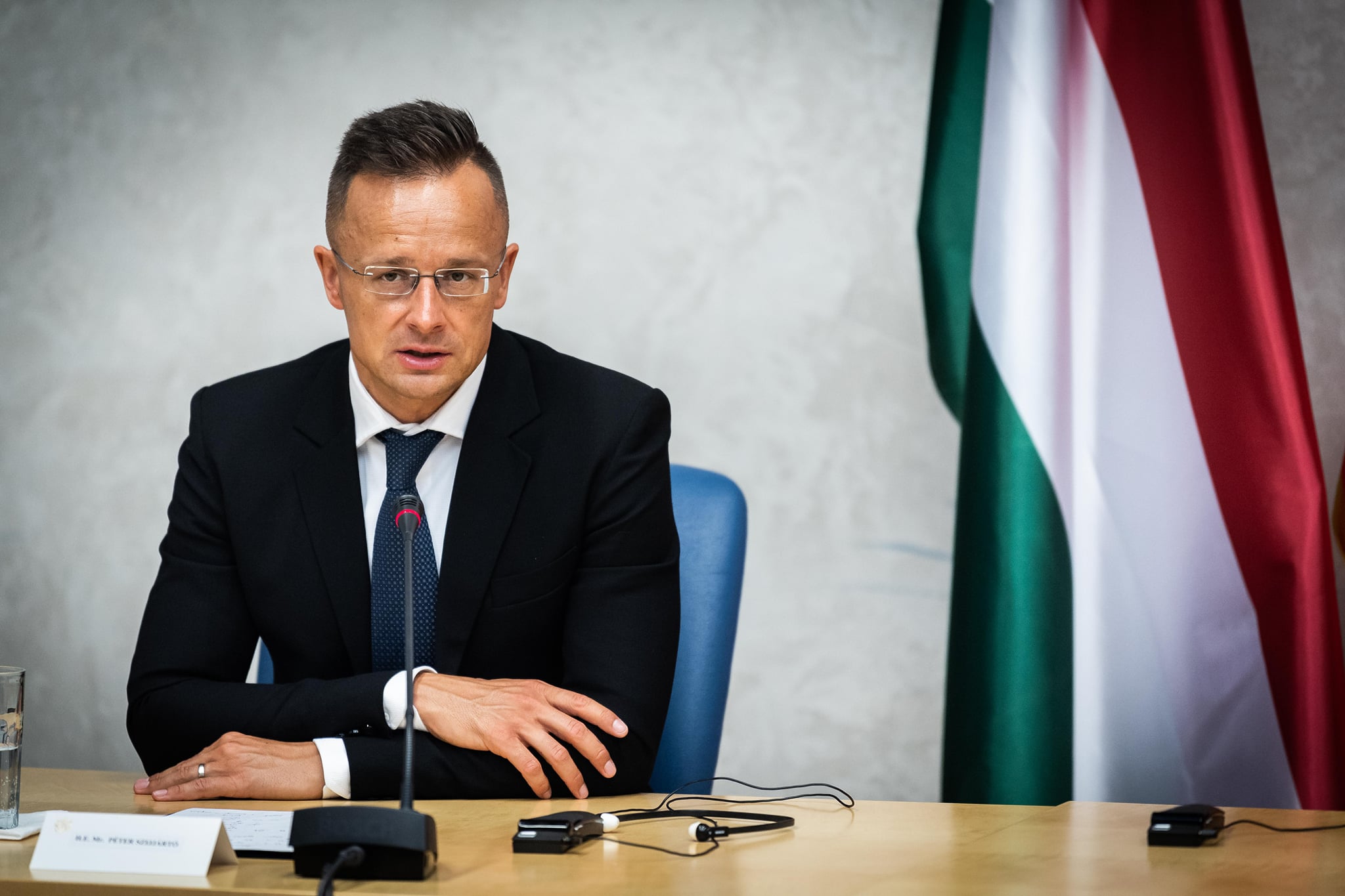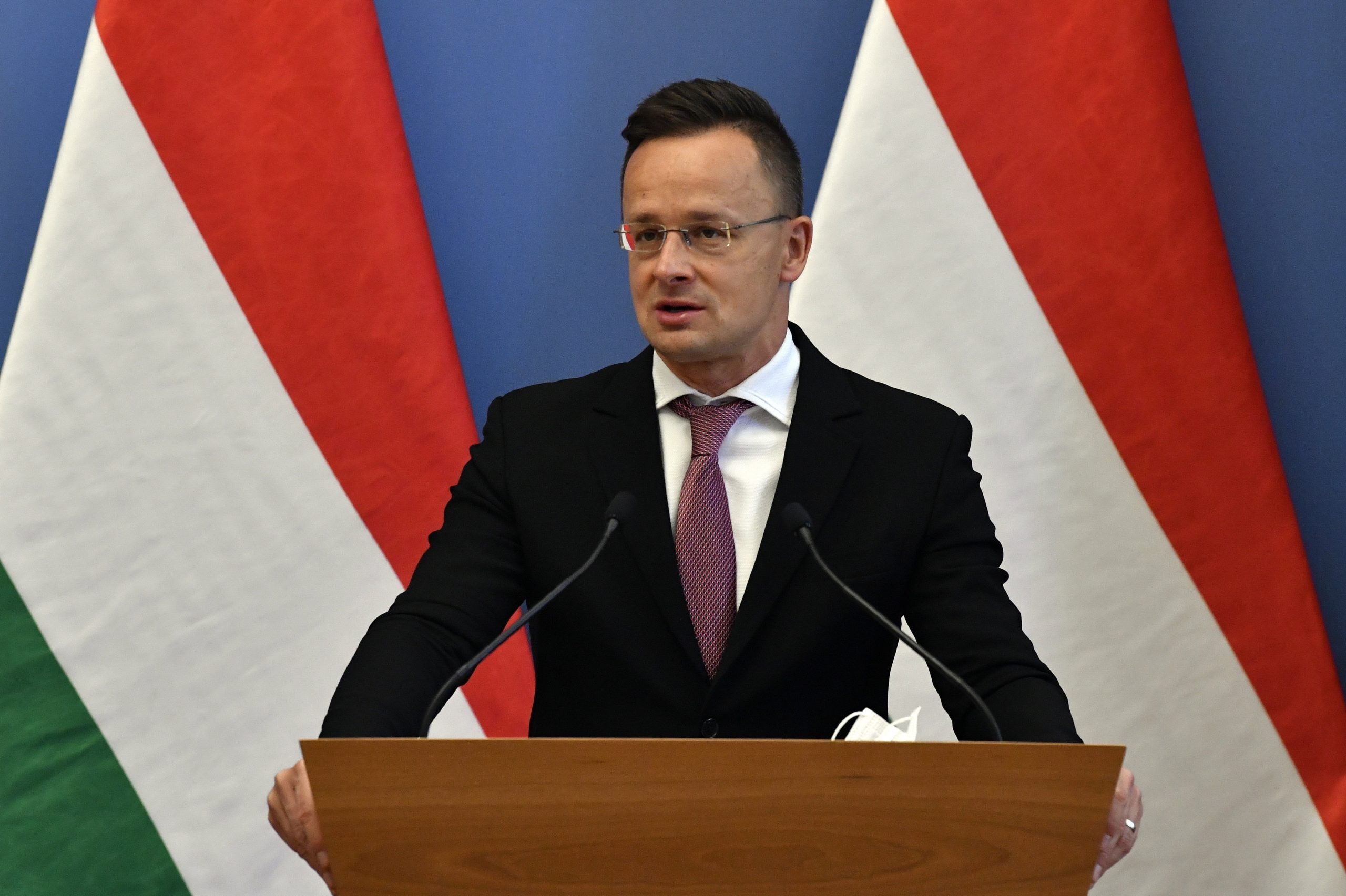
Hungary has been using nuclear energy for nearly forty years, and experiences in the recent period have been especially positive, Szijjártó said.Continue reading

Environmental protection and economic competitiveness must go hand in hand when pursuing green goals, Hungary’s foreign minister said in Moscow on Thursday.
Hungary believes that green goals must be pursued on the basis of common sense so that environmental protection coincides with economic growth, Péter Szijjártó told a panel discussion at the Russian Energy Week International Forum.
Szijjártó noted that Hungary was the first European Union country to ratify the Paris climate accord and was one of the few countries that has been able to increase its economic output while reducing its harmful emissions.
The minister criticised what he called a competition around the pursuit of green goals, saying that certain players, including green political parties, were hurting the cause of climate protection by “trying to one up each other” in their communication.
As regards Europe’s energy crisis, Szijjártó said many in the EU were conflating the issue of energy with ideology. He said it was a mistake to shut down nuclear power plants, to reject cooperation with Russia, “to be against natural gas” and for the bloc to limit itself to “short-term thinking”.
As a central European country, Hungary has an interest in East-West cooperation, Szijjártó said, arguing that Hungary had always lost out in conflicts between East and West.
He highlighted Hungary and Russia’s new 15-year gas supply deal and the expansion of Hungary’s Paks nuclear plant as two factors contributing to the country’s energy security.
Russian Deputy Prime Minister Alexander Novak said the current energy crisis showed that the transition to renewable energy would take longer than many had hoped. He said economic decisions concerning energy markets should be left to professionals rather than politicians.
Featured photo by Zoltán Máthé/MTI